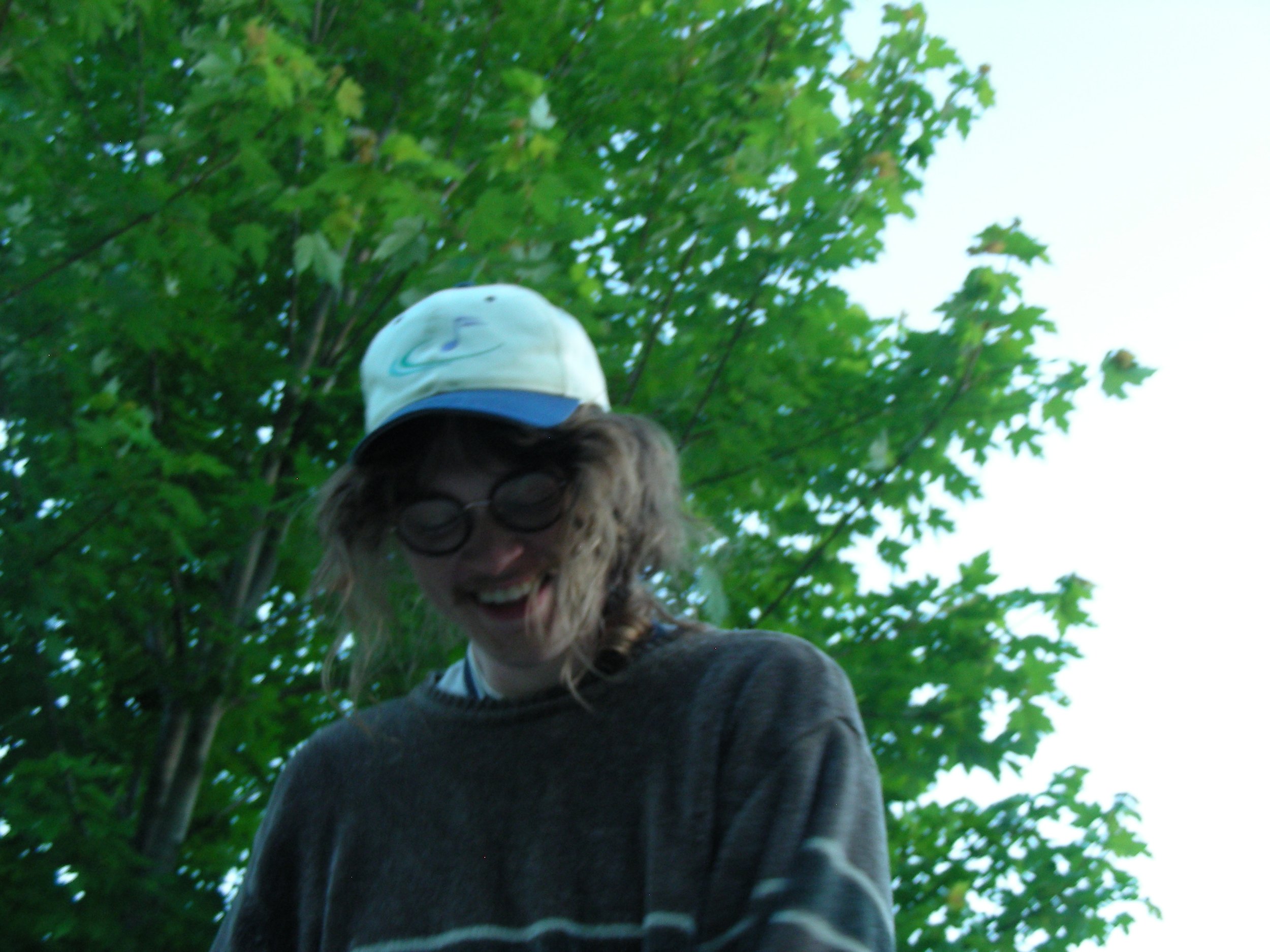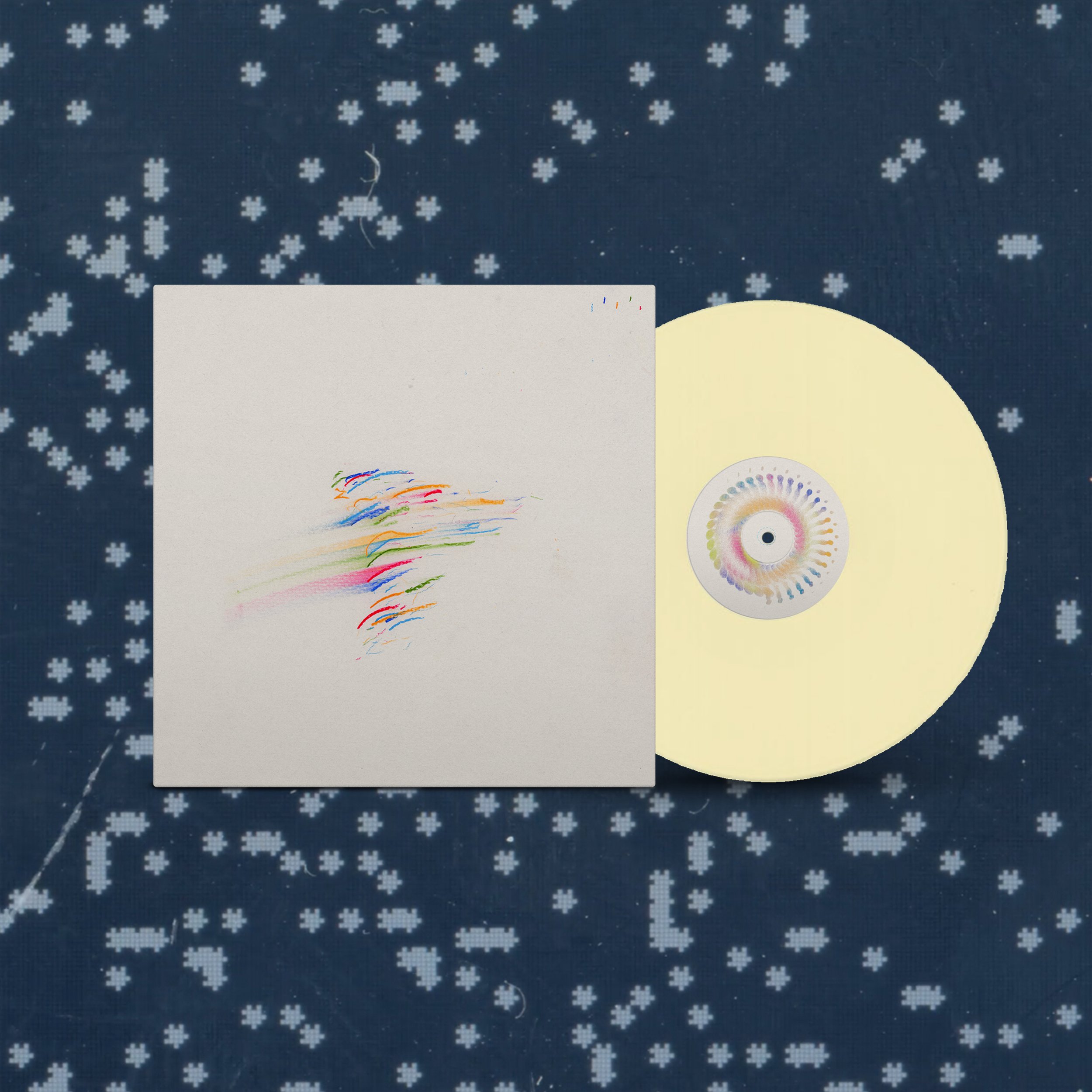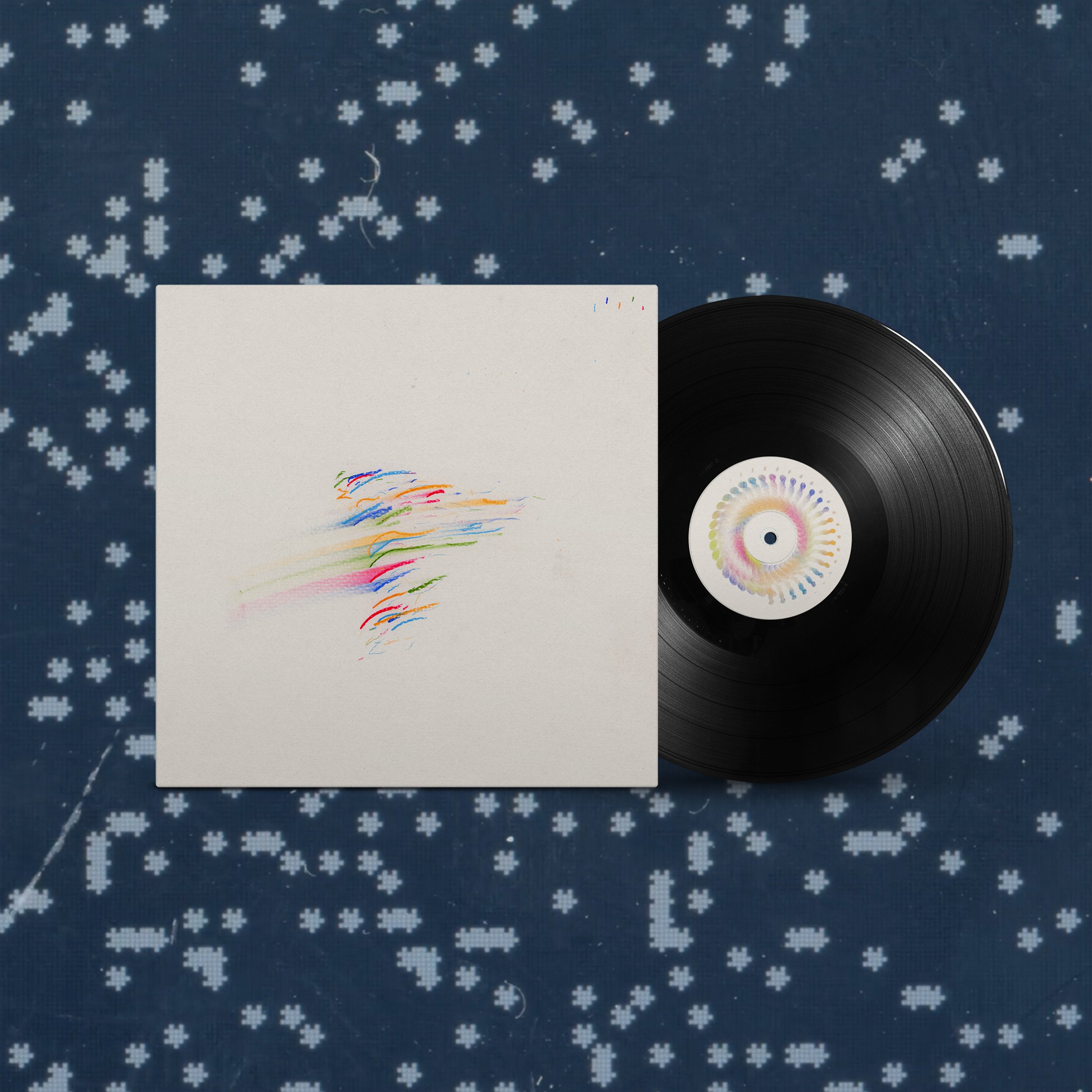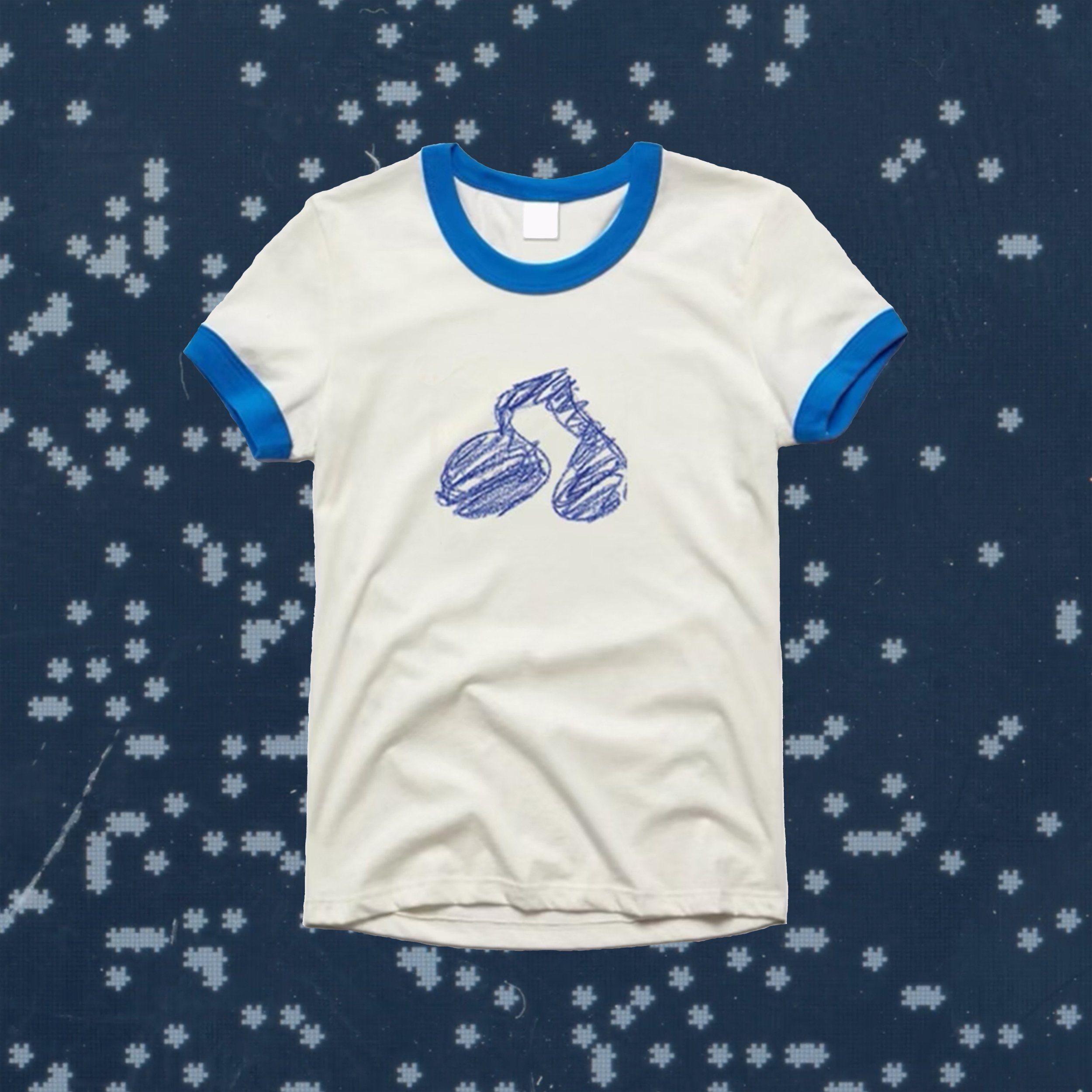ghost orchard
Sam Hall’s new album as ghost orchard, ‘rainbow music’, is a collage of patience and meditation. The record was written in two halves, between the summer of 2020 and the spring of 2021, and is filled with nuances as quietly imperceptible as the seasons, or the profound movement of time, where one day looking back you realize your whole spirit has shifted.
Where 2019’s critically revered ‘bunny’ was a love letter to a romantic relationship, ‘rainbow music’ documents the culmination of Hall’s first personal experience with loss in several forms. At the end of 2020, his longterm childhood pet passed away, and with it the last continuing threads of familiarity between being a kid and adulthood. Still based in the Grand Rapids, Michigan town he’d grown up in, the static ease of familiar living seemed to be coming apart at the seams, as friends moved on to bigger cities, relationships shapeshifted and in a short period of time, another kitten he’d adopted passed away prematurely, leaving Hall to question the trajectory in which he himself was headed.
Recorded in the house that Hall currently lives in, ‘rainbow music’ is a timestamp of this environment. A myriad of shows used to take place at the residence, and the space still reverberates with the residual echoes of people as they pass though. Hall remains fascinated with the remnants of things left behind, and his home is replete with furniture and miscellaneous objects that reflect the core of his compositions: sonic maximalism paired with attention to detail. His music feels steeped in this place he has painstakingly decorated, where, much like the songs of ‘rainbow music,’ each individual object provides its own history and underlying connectedness to part of a greater collection. Bristling with the familiarity of being a stranger in someone else’s living quarters, amidst all their belongings and hoarded treasures, the album’s linear qualities remain rough around the edges, like gradually filling in the color of someone you’re just getting to know.
“I love creating rooms,” Hall emphasizes, and this record “feels more inside of me than anything.” The oldest (and only proper love song), “soot,” was the first song to come after a period of static creativity, and effectively opened a floodgate that inspired him to finish half of ‘rainbow music’ in the forthcoming two months. Each track weighs with its own impact, as Hall grapples with endings and beginnings side by side, a rebirth that Hall equates to be as cathartic as crying. Many came about in a sudden stream of consciousness: the bare-boned structures of “rest” were recorded entirely in a day, and was an immediate reaction to his pet’s death and a way to process those feelings. More upbeat “maisy” and glitch-filled “cut” also came together tangentially to one another. “I feel more secure in my relationship to music,” Hall muses. With his previous work, “I was trying different things on, but ‘rainbow music’ feels more certain: this is me for better for worse at this period of time.” There’s a push and pull across the eleven songs, a sort of immediacy that’s made even more effective by Hall’s retrospective reflection. “comfort (rainbow)” was written in half prior to most of the grief that would alter Hall’s life, and was completed months later by the tuner who fixed the upright piano in his house. Produced almost entirely by Hall, the only further collaborator was Bennett Littlejohn (who has also contributed to Hovvdy and Katy Kirby’s projects), and these specific touches are integral to the cohesive footprint of ‘rainbow music’s miniature universes.
Hall has previously described his work as “memory storage”, and in a way ‘rainbow music’ functions as an hourglass measuring out spoonfuls of both the past and future. An oscillating palette of instruments flit between acoustic guitar, piano and even fluttering drum and bass, where synths patter like barely discernible heartbeats and vocals feel more like an instrument than decipherable words. Hall has never released the lyrics to his music, but throughout the album’s insular quality sometimes you can hear smidges of the outside world from far away; a call and return echoed by repetition where meaning is sketched out in a dreamscape and a subtle darkness always surrounds the fringes.
Like “songs in the key of life,” the title ‘rainbow music’ refers to the myriad of colors and qualities within Hall that are refracted throughout. It’s a symbolization of hope and the aftermath, the flickering light at the end of the tunnel (or “when a rainbow shows up after a big storm”). “Wish I could have fun anymore,” Hall ruminates on “dancing”, as well as confessing he “wish he made more upbeat bangers.” But reality packs more of a punch, and this collection of songs sees him finally be at peace with the current state of affairs. Relatable to anyone who has contemplated what it means to settle down, or even just catch your breath in an era where anguish is commonplace, the release of ‘rainbow music’ is a happy ending in its own right, a marker of survival that remains close to the bone.
PRESS
Stereogum : “Station” Premiere
Fluttering and transportive, a swirl of beats and plucky guitar and strings that feels like a cocoon.
The air of both an intimate Elliot Smith-inspired acoustic sketch and a smoked-out MPC jam after listening to Donuts front to back.
Paste: Bunny Pushes the Boundaries of Bedroom Pop
Hip-hop inflected, stream-of-consciousness confessionals that’ll have you swooning in the lazy summer sunlight.
Featured on Pitchfork, UPROXX, Talkhouse, and more.







